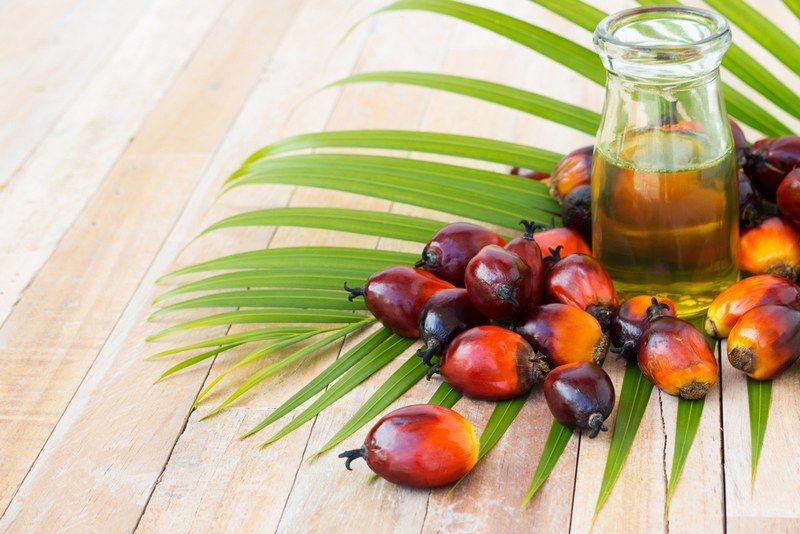Rise in palm oil prices has changed the dynamics of the Asia-Pacific market this week

The recent surge in Malaysian palm oil prices has caused unrest in the Asia-Pacific region (APAC), significantly affecting market sentiment and trade dynamics. This price increase, coupled with India’s recent decision to increase import duties, has led to a series of cancellations and strategic shifts among processors and importers, thereby affecting the overall market dynamics. According to the latest market development data, Indian processors canceled about 100,000 tons of palm oil purchases scheduled for delivery between October and December. This decision followed New Delhi’s decision to raise import duties by about 20 percentage points, significantly increasing the total import duty on crude palm oil from the expected 5.5% to almost 27.5%.
“The significant increase in duties and price hike in Malaysia has taken everyone by surprise,” said an Indian buyer operating an East Coast crushing plant. This sudden shift has created a unique situation in which SEZs could potentially make more profit from canceling old purchases rather than refining and selling the oil. Moreover, the implications of this situation go far beyond India’s borders to the entire Asia-Pacific region. While the cancellations have the potential to limit the rise in Malaysian palm oil prices, they could simultaneously support soybean oil prices as some crushers shift their focus to other edible oils. This shift in preferences is particularly noticeable as palm oil now trades at a premium to soybean oil, a rare occurrence that has further altered market dynamics.
Other countries in the Asia-Pacific region that have traditionally relied on palm oil due to its low cost and fast delivery are now rethinking their strategies. Price-sensitive Asian buyers are increasingly looking at alternatives such as soybean and sunflower oil, which is mainly sourced from Argentina, Brazil, Russia and Ukraine. Industry experts predict that this trend may continue in the winter months, as palm oil imports are usually moderate during this period due to the oil solidifying at low temperatures. As a result, various market experts say that processors are uncertain about demand for the winter quarter with higher prices. They are also concerned about whether prices will remain stable.
For almost 30 years of expertise in the agri markets, UkrAgroConsult has accumulated an extensive database, which became the basis of the platform AgriSupp.
It is a multi-functional online platform with market intelligence for grains and oilseeds that enables to get access to daily operational information on the Black Sea & Danube markets, analytical reports, historical data.
You are welcome to get a 7-day free demo access!!!
Read also
AmSpec – Partner of BLACK SEA GRAIN.KYIV-2026
Black Sea Oilseed Markets 2026: Tight Balances, Weather Risks and Strategic Repricing
Spain is losing ground in the fruit and vegetable market
Drought not affecting grain harvests in central Kenya
Soybean prices in Ukraine remain high and are supported by rising Chicago quotes
Write to us
Our manager will contact you soon



